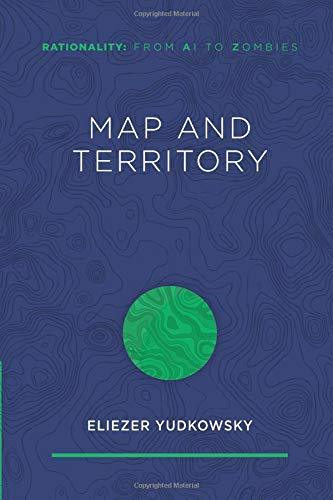What do you think?
Rate this book


231 pages, Paperback
First published January 1, 2015
But if you can’t say “Oops” and give up when it looks like something isn’t working, you have no choice but to keep shooting yourself in the foot. You have to keep reloading the shotgun and you have to keep pulling the trigger. You know people like this. And somewhere, someplace in your life you’d rather not think about, you are people like this.
"Above all, don't ask what to believe - ask what to anticipate. Every question of belief should flow from a question of anticipation, and that question of anticipation should be at the center of inquiry. Every guess of belief should begin by flowing to a specific guess of anticipation, and should continue to pay rent in future anticipations. If a belief turns deadbeat, evict it."
"Look at yourself in the mirror. Do you know what you're looking at? Do you known what looks out from behind your eyes? Do you know what you are?...
Do you know how your knees work? Do you know how your shoes are made? Do you know why your computer monitor glows? Do you know why water is wet?
The world around you is full of puzzles. Prioritize, if you must. But do not complain that cruel science has emptied the world of mystery."